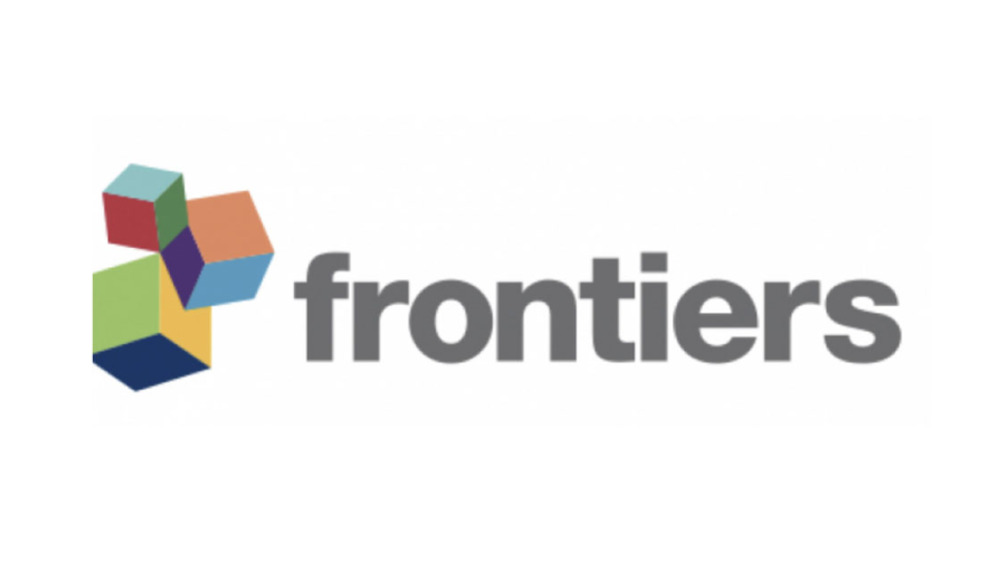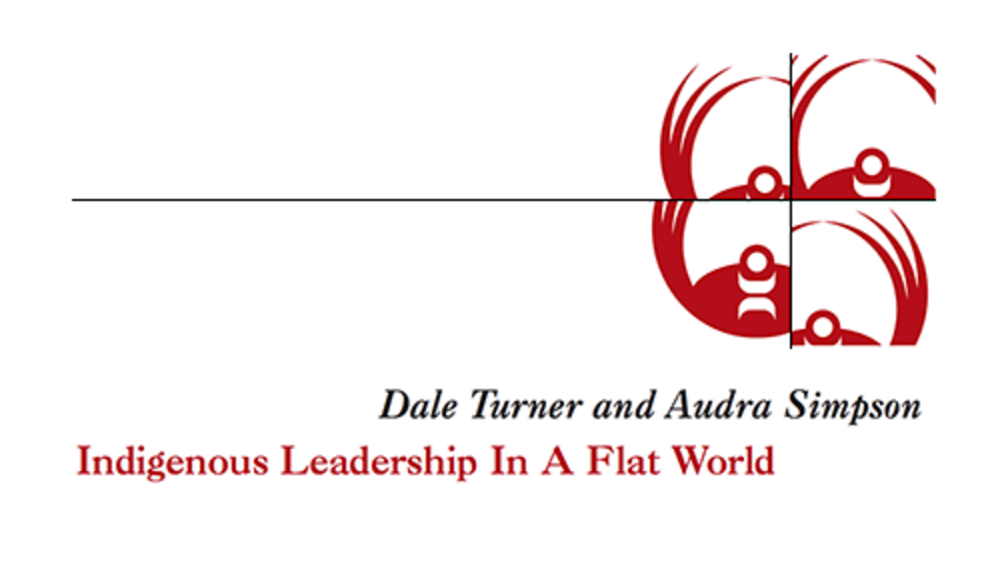Indigenous Governance Database
modernity
Image

IDSov and the silent data revolution: Indigenous Peoples and the decentralized building blocks of web3
This article explores the technology underpinning the decentralized data revolution and encourages Indigenous Peoples (IPs) to secure their Indigenous Data Sovereignty (IDSov) over the Metaverse and Web3. More specifically, this article will survey blockchain technologies, exploring some disturbing…
Image

Indigenous Leadership in a Flat World
The world is flat, so we are now told. In his recent book The World is Flat: A Brief History of the Twenty-First Century, Thomas Friedman argues that since the beginning of the Twentieth century globalization has evolved at an astronomically fast rate. As a result, the world is now…
